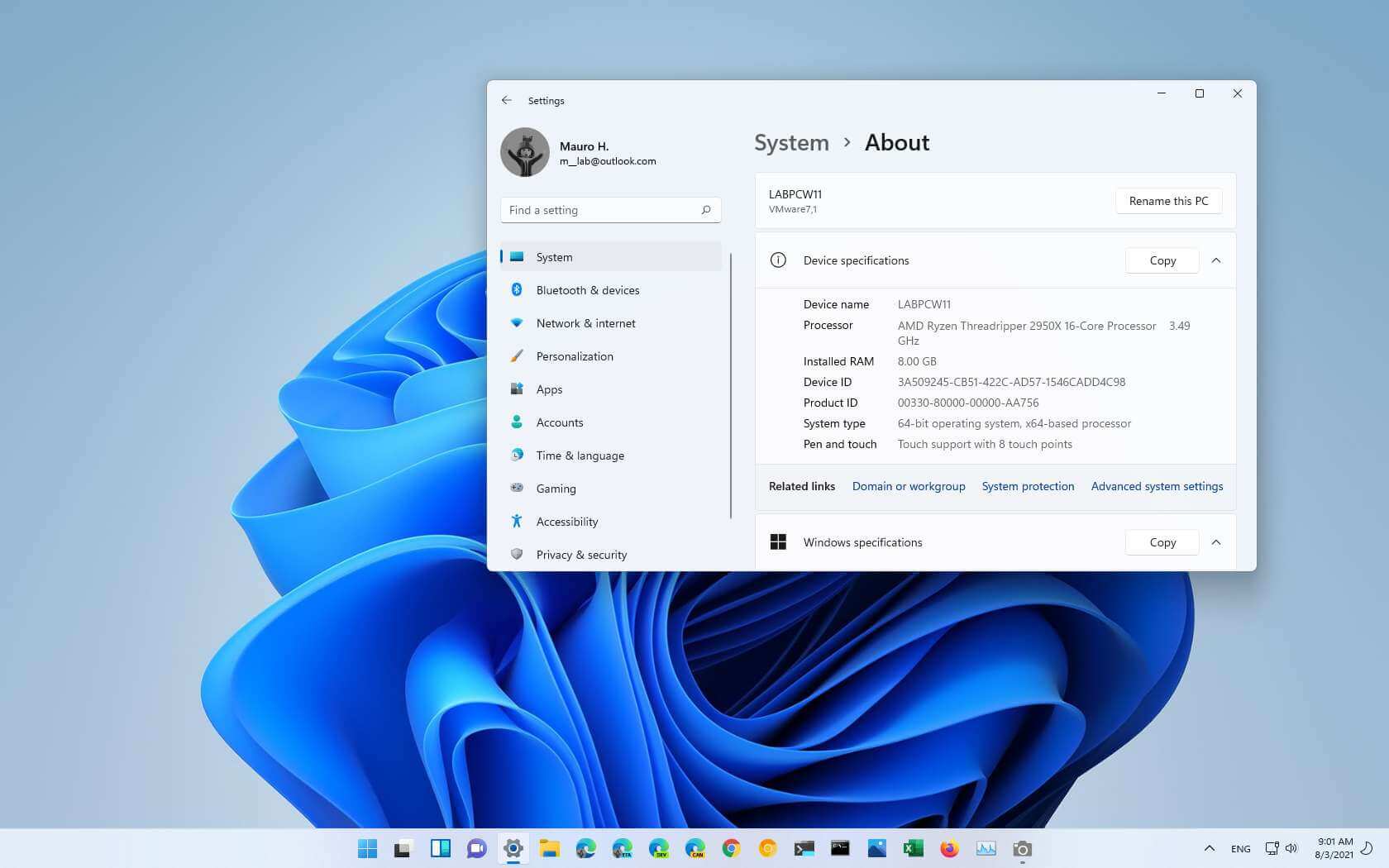Microsoft says it will work to prevent people from installing Windows 11 on machines that aren’t suitable by circumventing the hardware requirements.Although Windows 11 will be a free upgrade for current Windows 10 devices, it will have new system requirements that will prevent many PCs from upgrading. Windows 11 is anticipated to be released sometime in October and is the most significant OS update in over ten years. It will include new features, apps, and a user interface.
Only CPUs from the Qualcomm 7 and 8 Series, AMD Zen 2 or later, and Intel 8th Gen or later will be able to run Windows 11. This is on top of Secure Boot and TPM 2.0 requirements. These modifications are being made to give consumers’ devices more security and dependability. The new version will therefore not be able to be installed on older devices.
Microsoft intends to use its Windows Update mechanism to check for compatibility and alert users if the computer does not meet the minimal requirements, according to a report from WindowsLatest.
When Windows 11 was first being developed, it was possible to get around the hardware requirements by utilizing registry hacks and other techniques. However, the firm now states that group policy will not allow you to circumvent Windows 11’s hardware enforcement. Since we genuinely want to ensure that your devices remain secure and maintained, we will still prevent you from upgrading them to an unsupported state, proving that conventional ways to get around the criteria won’t work.
While it may still be possible to install Windows 11 on incompatible hardware by circumventing the compatibility check, this method will not be supported and will not be used to try to trick Windows Update, Registry, Media Creation Tool, or Group Policy.



